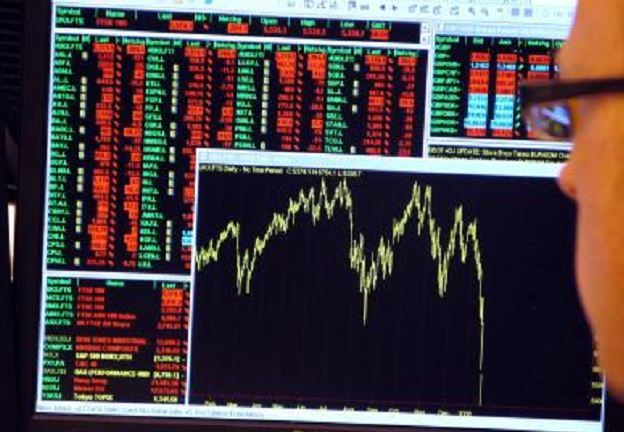
Saudi Arabian Oil Co., the world’s biggest crude oil producer, confirmed it is considering a potential initial public offering.
The company, known as Aramco, is studying whether to list “an appropriate percentage” of shares of the parent or a bundle of “downstream” units, according to an e-mailed statement Friday. Once the review of these various options is complete, the findings will be presented to the company’s board of directors, which will make recommendations to Aramco’s Supreme Council.
Deputy Crown Prince Mohammed bin Salman said in an interview with The Economist published Thursday that the kingdom was considering an Aramco IPO as part of a broader package of economic reforms, comparing his plans to Margaret Thatcher’s shakeup of the U.K. economy in the 1980s. The company controls about 10 times the oil reserves held by Exxon Mobil Corp. and could be worth over $2.5 trillion, according Danilo Onorino, portfolio manager at Dogma Capital SA, a family office in Lugano, Swtizerland.
The IPO proposal is consistent with the kingdom’s direction for reforms, including privatization in various sectors of the Saudi economy and deregulation of markets, Aramco said in the statement. Bringing in investors would also strengthen the company’s focus on long-term growth and the prudent management of its reserves, according to the statement.
Aramco could rival Apple Inc., which has a market value of about $530 billion, as the world’s biggest listed company. Opening it up to investors would be the most dramatic change in the kingdom’s economic policy since it started nationalization in the 1970s. It is one of the key players in balancing the oil market and its investment decisions have the potential to move crude prices and affect economies around the world.
While Saudi Arabia earned $285 billion from petroleum exports in 2014, the slump in prices has squeezed revenue for oil producers. The price of crude sold by OPEC members slid below $30 a barrel this week to the lowest level in 12 years, as turmoil in Chinese markets deepened the global commodities rout. The group’s members lost about $500 billion in revenue last year because of the slump, according to the International Energy Agency.